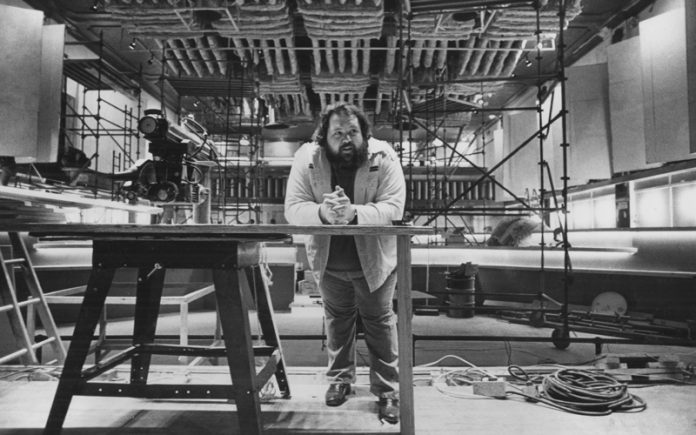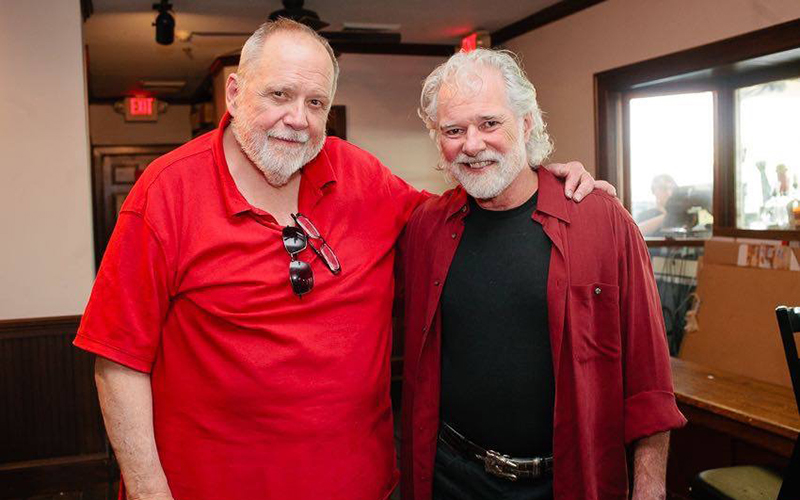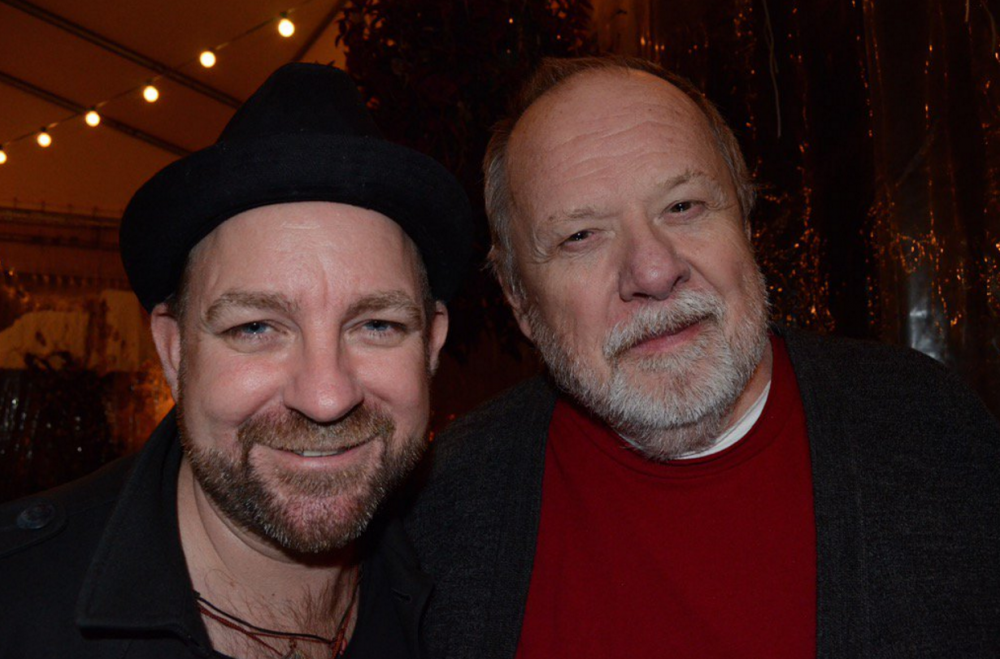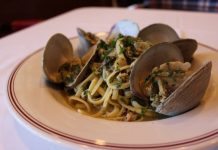
AP Photo/Atlanta Journal-Constitution
The last time Chuck Leavell saw Alex Cooley was in June, when the Rolling Stones played Bobby Dodd Stadium. Cooley, who by then was having trouble getting around, couldn’t make it backstage, so Leavell, who plays keyboards for the Stones, came out to see him.
“We talked about how far we had come,” Leavell recalled. Boy, had they. Leavell and Cooley’s friendship stretched back some 45 years, to when Leavell was barely out of his teens and had moved from Alabama to Macon. The draw for the young Leavell was the legendary Capricorn Records, where founder Phil Walden recorded acts like the Allman Brothers Band, the Marshall Tucker Band, Dobie Gray, and Alex Taylor. As a fledgling promoter, Cooley was a vital cog in the Capricorn machine.
“He supported every band on the Capricorn label,” Leavell said of Cooley, who died on Tuesday at age 76. Leavell first met Cooley during the second iteration of the Atlanta International Pop Festival in July 1970. Leavell was playing in the backing band for Johnny Jenkins, a left-handed blues guitarist. (Jenkins wasn’t the only left-handed blues guitarist on the festival bill; the other was Jimi Hendrix.) Cooley was the lead promoter of the festival, which also featured B.B. King, the Allman Brothers Band, Bob Seger, and Procol Harum.

Photograph courtesy of Chuck Leavell
“Alex was, first and foremost, a fan,” Leavell recalled. “He loved live music. If he heard a band and liked them, he was going to support them. He was going to have you back a second time, a third time, trying to get you to the next level. He was about the bands and the fans.”
Leavell’s own musical affiliations—he joined the Allman Brothers in 1972, co-founded Sea Level, and has backed artists such as Dr. John and the late Alex Taylor—meant he was playing Cooley-promoted shows throughout the 1970s and beyond, whether it was the Electric Ballroom, the Capri Ballroom, or the Great Southeast Music Hall.
“The Electric Ballroom was a really cool place to play,” Leavell said. “Those kinds of venues were extremely important in the early seventies. The capacity, around 800, was an important size. And if Alex liked you, he was going to bring you back a second time to build your audience.”
Leavell recalled that Cooley was good to musicians in other ways. “He wanted to look after all of us. The guarantees he’d put on the table were ten percent more than what you’d get in a similar situation elsewhere. If you did well and sold a lot of tickets, there’d be other incentives. He wanted the bands to do well.”
Col. Bruce Hampton, as iconic a musician as Atlanta has ever produced, isn’t sure when he first met Cooley (“It’s like we’ve always known each other!”) but he thinks it might have been in 1963, when Cooley delivered a pizza to Hampton’s house. “Alex drove a Volkswagen, and I’d never seen one before. He got out of the car and it scared me to no end. At the time, everything [different] was Communist, and I thought they were coming to get me.”
Hampton was a teenage musician playing for a band called Tommy and the Nightbeats. “We’d open for Joe South, Billy Joe Royal. We’d play high schools and colleges. Then we became the Four of Nine. But it was Roman numerals. Which makes it harder. And there were six of us. We were absolutely crazy. We’d wear eyepatches and start fires at concerts.”
Last year, Hampton and Cooley reconnected when they were both interviewed for a Showtime documentary about Jimi Hendrix’s legendary performance at the second Atlanta International Pop Festival. (One of Hampton’s first bands, Hampton Grease Band, also played the festival.) “Watching that whole thing come together,” Hampton recalled, “was just amazing. He put 400,000 people in a cow pasture. It’s still the biggest pop festival of all time.”
Cooley’s genius, Hampton said, was a combination of attitude, innovation, and daring. “His attitude was, ‘I bring in people I want to hear. If other people want to come, great.’ It was a very high-stakes poker game. But he had tenacity. To me, success is showing up, and he showed up for fifty years.”

Courtesy Kristian Bush
Kristian Bush, who moved to Atlanta in 1988 and, with Andrew Hyra, formed the band Billy Pilgrim, recalled their band opening for Tears for Fears at Chastain Park Amphitheater years ago. “Maybe it was just one half of Tears for Fears,” Bush said with a laugh. “But I remember going to settle up after the show. We never had a tour manager, so I was the one to interface with everyone. I went back to get paid. And it was the most relaxed, family vibe. Everyone there loved their job, which isn’t always the case in the music business. I realized it was because of Alex. He’s just this friendly guy. We had sold some CDs at the show and I offered to give him the percentage I owed him. He said, ‘Just keep it!’”
Bush, who’s also half of the country duo Sugarland, just played his 14th annual post-Thanksgiving gig at Eddie’s Attic, the venue Cooley bought in 2011. And Leavell played there too, back in May, as part of a fundraiser for Westchester Elementary School in Decatur, where his grandchildren are enrolled. When they were hammering out details in advance of the show, Leavell asked Cooley what kind of deal they could strike so they could host the fundraiser at Eddie’s. “What deal?” Cooley responded. “There is no deal. I’m giving it to you for free.”













